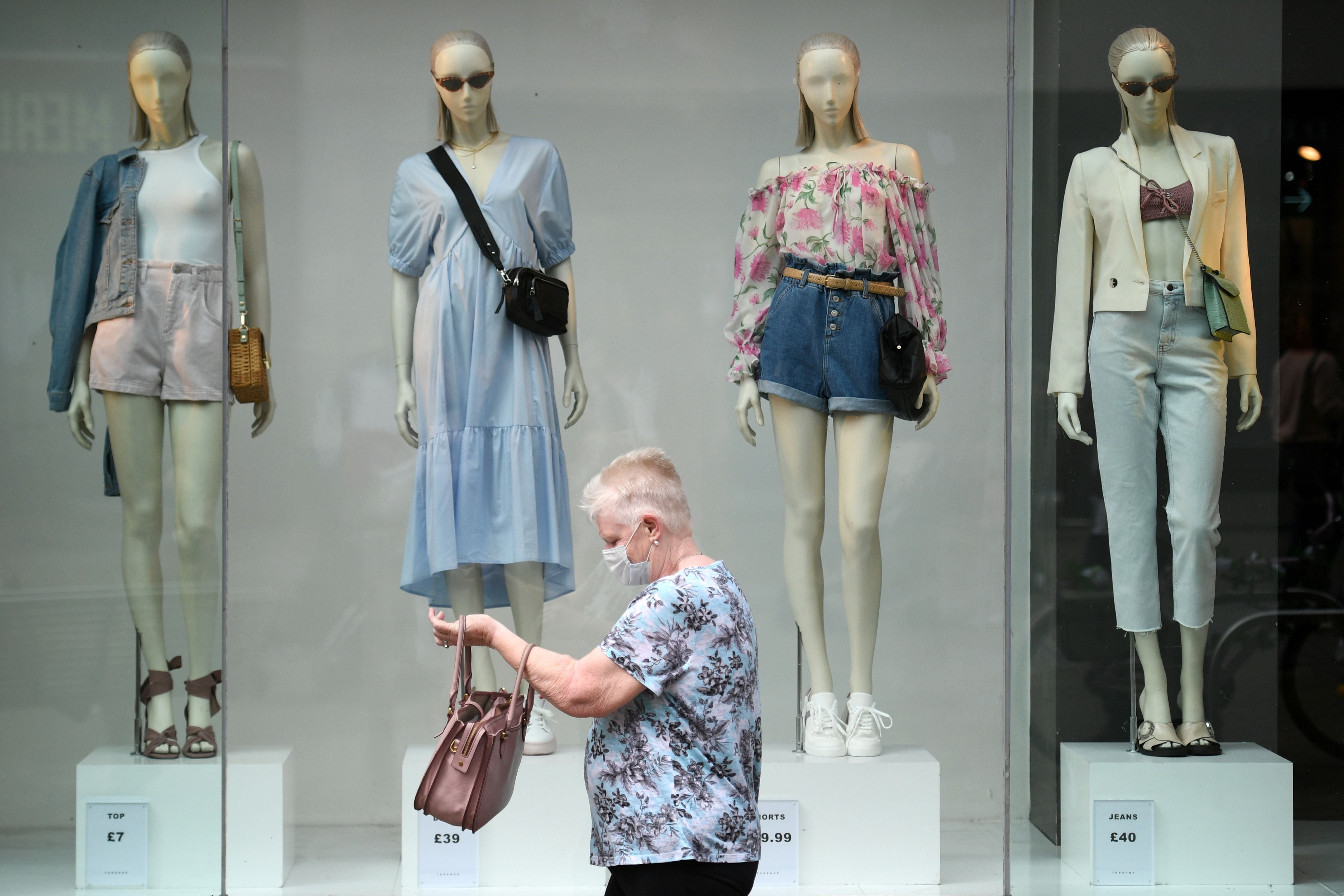West Yorkshire will move into coronavirus Tier 3 on Monday
'There is a 'template' of funding available from Government to support these businesses but I do not think it will be enough’ council leader warns

Your support helps us to tell the story
From reproductive rights to climate change to Big Tech, The Independent is on the ground when the story is developing. Whether it's investigating the financials of Elon Musk's pro-Trump PAC or producing our latest documentary, 'The A Word', which shines a light on the American women fighting for reproductive rights, we know how important it is to parse out the facts from the messaging.
At such a critical moment in US history, we need reporters on the ground. Your donation allows us to keep sending journalists to speak to both sides of the story.
The Independent is trusted by Americans across the entire political spectrum. And unlike many other quality news outlets, we choose not to lock Americans out of our reporting and analysis with paywalls. We believe quality journalism should be available to everyone, paid for by those who can afford it.
Your support makes all the difference.West Yorkshire will be moving into a Tier 3 local lockdown, regional politicians have announced amid a surge in coronavirus cases.
Some 2 million people in Leeds, Wakefield, Kirklees, Calderdale, Bradford will all move into the most severe of the government’s classifications for regional restrictions on from 12.01am on Monday.
The lockdown will see hospitality businesses forced to close and an outright ban on household mixing in all settings, following in the footsteps of the likes of Liverpool and Manchester to join the 8 million people in England currently under the ‘very high’ rating set by central government.
In a joint statement leaders of West Yorkshire councils said: “Over recent days, we have had a number of meetings with Government ministers to discuss the next steps for controlling the rising Covid-19 infection rates across the region.
“Today, with great reluctance, we have accepted that West Yorkshire will now move into Tier Three (very high) restrictions as of 00.01am on Monday 2nd November.
“The virus spread is now at a critical juncture. Not only are infections rising in our region, particularly amongst the elderly, but we already have evidence that the NHS is starting to struggle to deliver essential elective care.”
Leeds city council's chief executive Tom Riordan said a support package of £46.6 million had been negotiated with the government for the region in addition to the Tier 2 funding already agreed.
He said there would also be an additional £12.7 million for testing and tracing.
However Susan Hinchcliffe, leader of Bradford Council said the economic restrictions “are going to be damaging for businesses and jobs” - while claiming the government had been resistant to offering additional financial support.
“There is a 'template' of funding available from Government to support these businesses but I do not think it will be enough, neither were Government in the mood to give us more", she added.
"Government are seriously underestimating the economic impact of these measures and we in West Yorkshire will challenge them to improve upon them."
Meanwhile Julian Hartley, chief executive of Leeds Teaching Hospitals NHS Trust, told the virtual press conference the city's hospitals were currently caring for 268 Covid patients - a figure higher than in the first wave of the pandemic - and he expected this to keep rising for some days.
The city's director of public health, Victoria Eaton, said the latest case rate for Leeds is 416.7 per 100,000 people - adding that a "cause of concern" was that, for the first time on Wednesday, the age group with the highest number of cases was the 30 to 44-year-olds rather than the 16 to 29-year-olds.
She said the situation is "incredibly challenging at the moment".

Join our commenting forum
Join thought-provoking conversations, follow other Independent readers and see their replies
0Comments